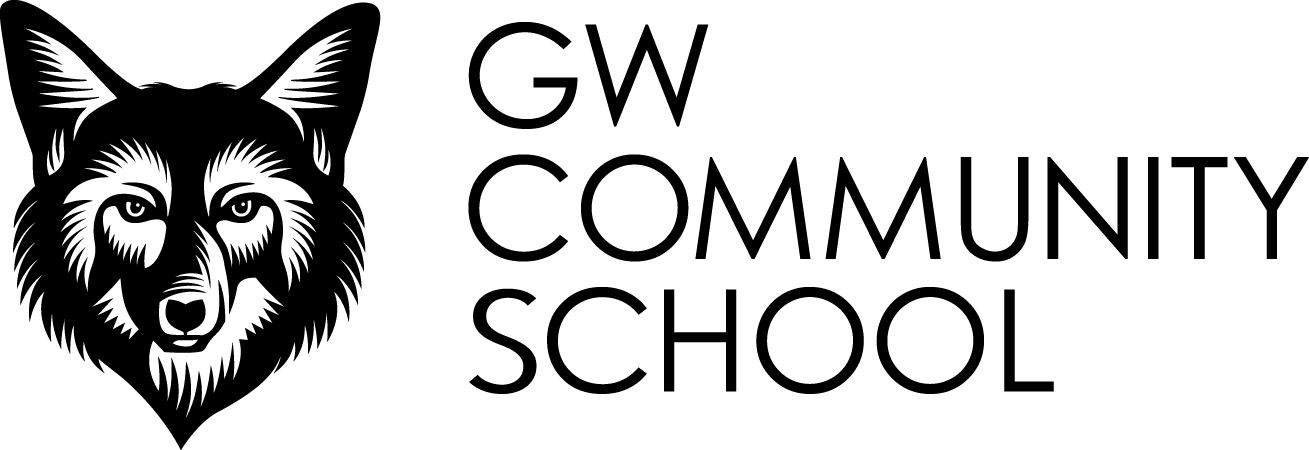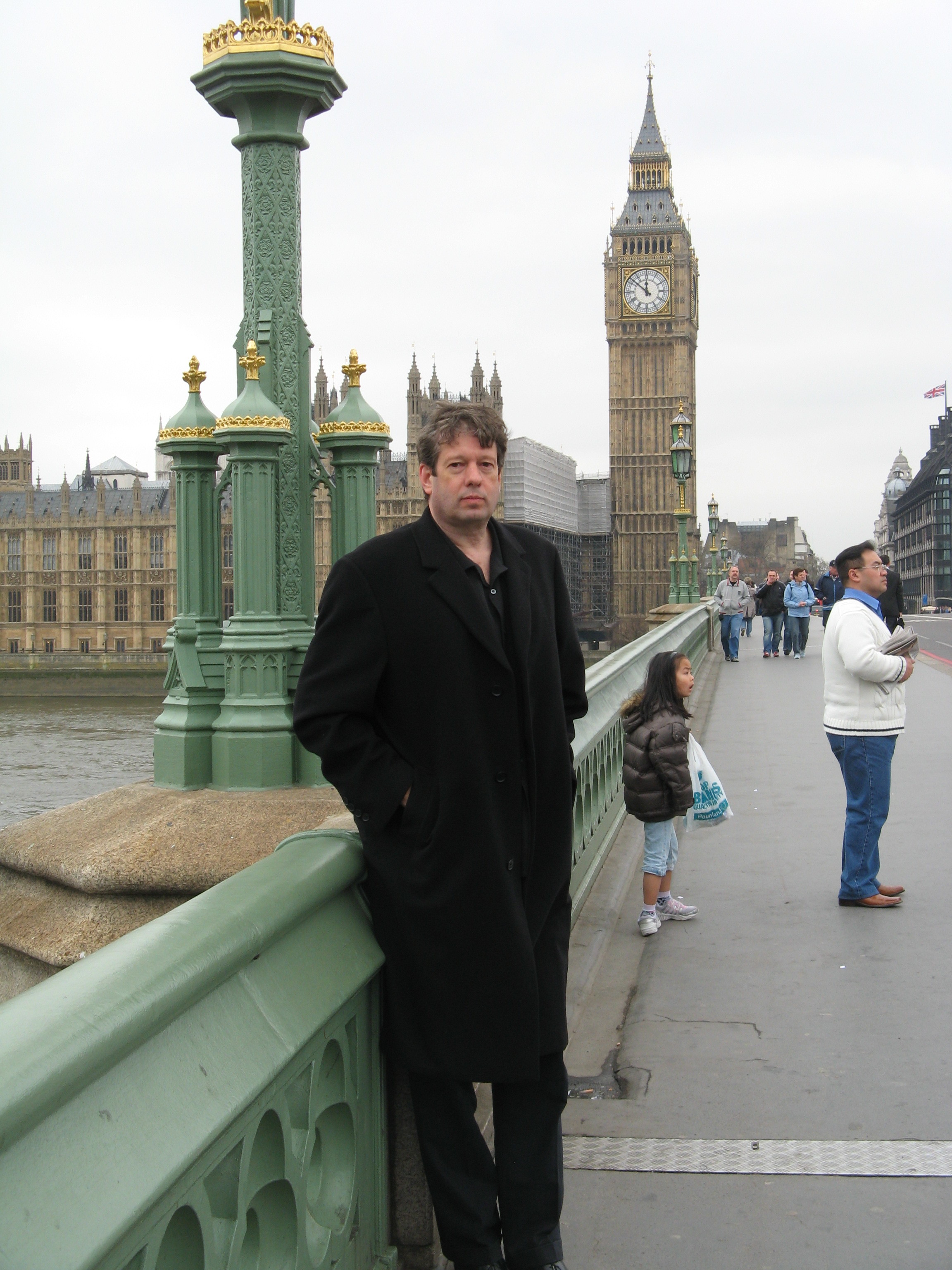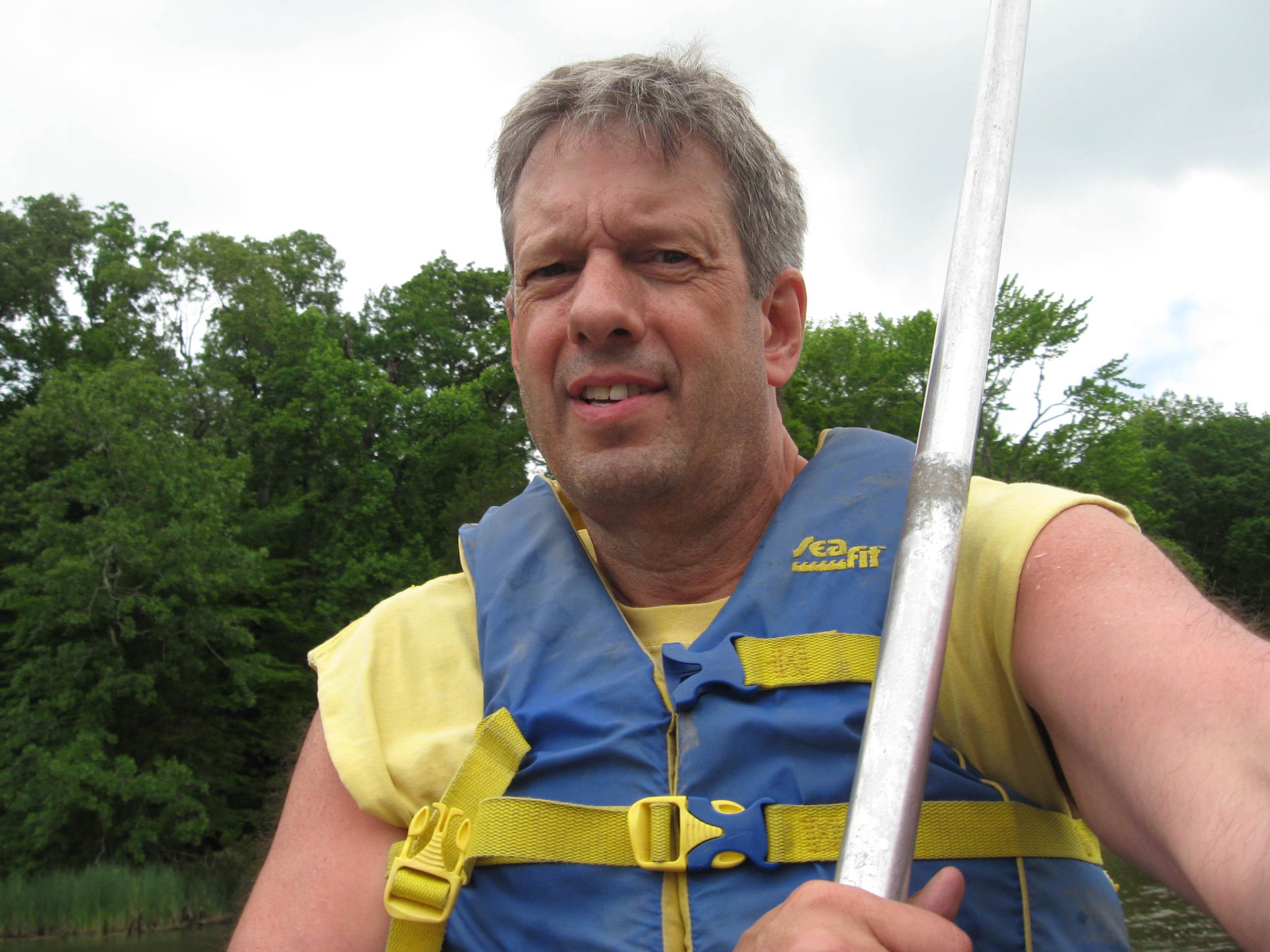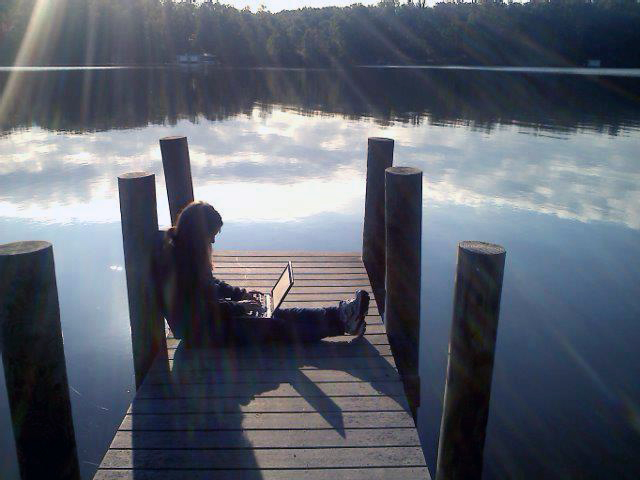RICHARD Goldie - GWCS C0-FOUNDER, Assistant DirectoR, BASKETBALL COACH, THEATRE COACH, HISTORY AND MATH TEACHER
Intellectual Curiosity and Me
I know that everyone is supposed to be either a 'history/English' person or a 'science/math' person, but for as long as I can remember I have been a 'history/math' person. Of course, without science and English to bridge the gaps none of it would be very useful. That's why, no matter which subject is your favorite, you should try to be the best 'math/science/history/English' person that you can be. Besides, everyone knows that when you say that a particular subject is your favorite that just means that that subject is the one you find the easiest in which to excel. Be brave! Be good at the subjects that require you to work the hardest. Your potential is not achieved by following the path of least resistance, it is reached by the dogged determination required to master the things that thwarted you the most.
The amount of stuff that can be known about a given subject divided by the amount that you already know would equal a trillion! Having said that, remember that every morsel of knowledge that you add to your repertoire tips the ratio (ever so slightly) in your favor! If you are not intellectually curious, then you are your own worst enemy. You will encounter enough obstacles in your lifetime. Don't be the oppressor of your own mind. Want more. Demand more. Be more.
COURSES TAUGHT:
Geometry
Geometry's most fundamental function is to be the connection between abstract mathematical concepts and the physical container that is our world. Through geometry, open minds see, perhaps for the first time, that math is not just the isolated activity of simply manipulating numbers during one designated time-period a day to convince your professorthat you can produce the same answer that fifty million other students can producewhile solving the same problem, and conversely that you may not be worthy of him if your answer does not match the others around you, but that indeed math exists everywhere in the world. Through geometry, an appreciation for patterns, logic, sequence, theory, and of course, measure all become familiar perspectives.
World History and Geography I
Description: This is the first of a two-year, chronologically organized study of world history and geography. In this first year, students study the world from ancient times to 1500. The course highlights the relationship between the geography and history of Europe, Africa, Asia, and Latin America. Students refine and expand critical thinking skills, practice decision-making and problem solving, and formulate questions to guide research. World History and Geography I is required for graduation.
World History and Geography II
Description: This is the second of a two-year, chronologically organized study of world history and geography. In this second year, students study the world from 1500 through the contemporary era. The course weaves together the skills and content of both history and geography so that students may learn how history and geography affect each other and therefore gain a more complete understanding of the world around them, including North and South America, Europe, Asia, and Africa. Students continue to refine and expand critical thinking skills, practice decision making and problem solving, and formulate questions to guide research. World History and Geography II is required for graduation.
Theater
With the simple goal of satisfying ourselves and exhilarating others, we call this a class. There are auditions for parts, parts for non-auditioners, and roles to be filled wherever you look. In addition to learning some basic staging and production techniques, we will cast and perform twice during the school year. In the second quarter, there will be two one-act plays, and in the third quarter a larger (three to five act) performance. No experience required. Theatre is an elective that can be used to fill an elective requirement for graduation.
Contact
goldiera@gwcommunityschool.com





















